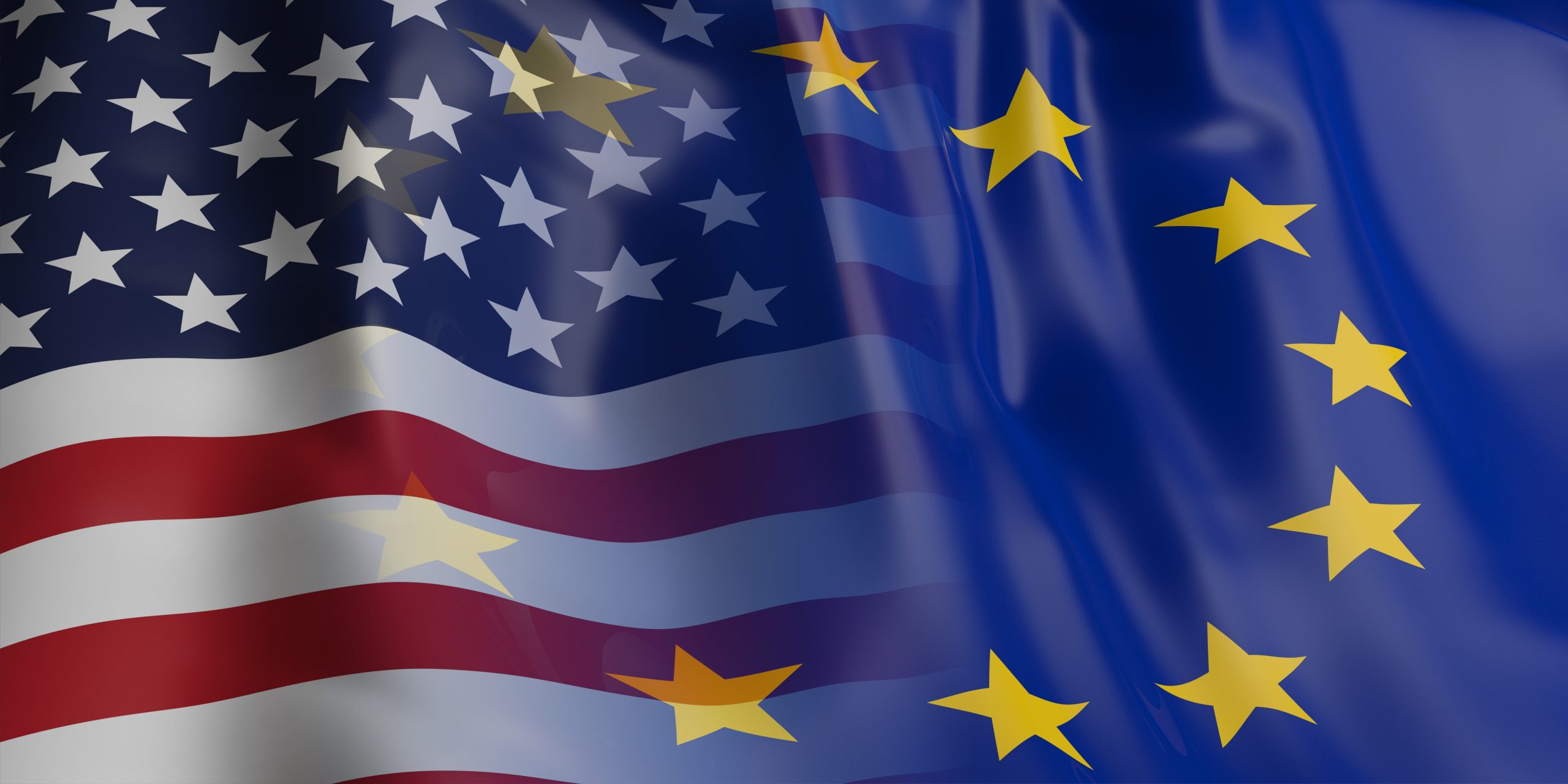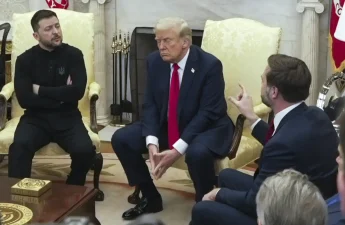It took me a moment to process JD Vance’s speech at the Munich Security Conference, but like many others, I want to share my thoughts. This isn’t a critique of the Trump administration, nor is it a defense of EU policies (I’ve criticized those plenty). Rather, it’s a reflection on the disappointing retreat from what was once the art of diplomacy.
Vance acknowledges shared values between the U.S. and Europe but frames America as a moral watchdog rather than a true partner, adopting a tone that feels patronizing. He claims Europe’s biggest threat isn’t Russia or China but its own retreat from fundamental values. Fine, that’s a perspective. But is this really the right stage for it? Does it help reach a balanced resolution on Ukraine to say that “Russia is not the real threat”? How should Eastern European nations interpret that?
His reference to Romania annulling elections was particularly jarring. “But if your democracy can be destroyed with a few hundred thousand dollars of digital advertising from a foreign country, then it wasn’t very strong to begin with.” Well, no kidding. Romania, like other young democracies, is still finding its footing. Electoral legitimacy is complex, and disinformation in the digital age is not something that can be “proven” in days or even months. And the jury is still out on that, sure. But more to the point—was this necessary? What did it achieve beyond fueling groups that oppose those very “shared values” and alliances built over decades? In Eastern Europe, we may not know democracy as well as others, but we certainly recognize authoritarianism, and we try to stay away from it.
And one more thing. Central and Eastern Europe have been among the most pro-American regions in the world. The admiration for the U.S. wasn’t just about jeans and music—it was about democracy, freedom, and a Western way of life long denied under Soviet influence. When NATO expansion finally brought us into the fold, it was the realization of a dream. In Senate hearings on NATO enlargement, we were the ones called “gung ho”—the allies always ready to stand by the U.S. So why pick a fight with those who have done just that? If the goal is to realign transatlantic relations, this approach will do the opposite. It risks making even America’s most loyal partners question whether they can still rely on it. The damage could take generations to undo.
Diplomacy exists for a reason. It allows nations to navigate differences without ultimatums or public rebukes. The U.S.-European alliance has endured not because of ideological purity, but because of careful, measured dialogue. True leadership is not about criticizing allies—it’s about uniting them. If America wants to remain the leader of the free world, it must treat its partners not as subjects to be scolded, but as equals deserving of respect. And vice-versa.
As a sidenote, I do think there is real value in diplomacy and in navigating discussions with tact. We may not always agree, but there is a way to hold difficult conversations while still reinforcing alliances instead of straining them. That is what strong leadership looks like.


